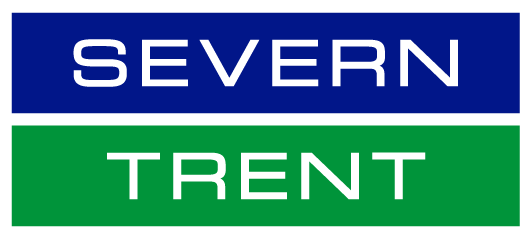If you go down to the sewers today, you’re in for a big surprise – Severn Trent backs Unblocktober campaign, calling on customers to be a binner, not a blocker
5th October 2023
Severn Trent is shining a spotlight on the teams that tackle the thousands of blockages they deal with, as it supports the national ‘Unblocktober’ campaign.
Last year alone, a staggering 34,580 blockages were dealt with by waste teams at the water company, who also prevented 10,978,703 litres of fats, oils and greases from entering the sewer, something that could have been avoided if unflushable items were put in the bin rather than down the toilet and sink.
Along with that, every week, around two and a half tones of wipes and other items which shouldn’t be flushed are pulled out of our sewers – that’s about the same weight as a Range Rover.
There’s a rogue’s gallery of items that cause blockages, from wipes and kitchen roll, to cotton buds, nappies and sanitary products – and not forgetting the unexpected finds, such as toys, dummies and the occasional pair of pants being flushed down the toilet rather than being put straight in the bin.
Fats, oils and grease that are washed down the sink are also a big contributing factor of blockages – they can create damaging fatbergs and lead to sewer blockages and flooding incidents.
The Severn Trent team deal with the impact of unflushables every day, from Dave, a Jet Vac driver who clears blockages, to Liz, a mechanical fitter at one of the waste treatment works. This Unblocktober, Severn Trent is asking customers to join together and help Dave, Liz and the whole team by being a binner, not a blocker.
Grant Mitchell, sewer blockages lead at Severn Trent, said: “Our sewers are designed for the three P’s, that’s pee, poo and paper – and that’s it. Other products that are being put down the toilet or the sink can cause huge issues for customers.
“Wipes aren’t biodegradable, which means they don’t break down like toilet paper and can very quickly cause blockages. And the likes of nappies and tampons? Well, nappies are designed to absorb water, so straight away they expand and block pipes.
“A lot of people don’t know that sewer pipes are only the size of your average toilet roll, so it doesn’t take much to block them. That’s why we’re big supporters of Unblocktober – we want to get the ‘be a binner, not a blocker’ message out there and help protect our customers and their homes.”
If any of these unflushables make it through the network to a Severn Trent sewage treatment works, it is the responsibility of the teams on site to deal with them.
Unflushables are filtered out through the sewage treatment system, ending up in skips, where it can then be collected and taken to landfill.
Grant added: “Flushing a wipe might seem out of sight, out of mind, but if you have a blockage in your home, it will be anything but that. And it’s certainly not for our teams either. Throughout Unblocktober, we’ll be highlighting the amazing work our teams do to tackle blockages and the horrible problems that can occur when you flush the wrong thing. So, help us out and be a binner, not a blocker.”
For advice about blockages visit www.stwater.co.uk/avoidblockages and for more information about the Unblocktober campaign visit www.unblocktober.org.
Anyone who has a problem, either with slow drains or a blocked sewer it can be reported here or by calling 0800 783 4444.
